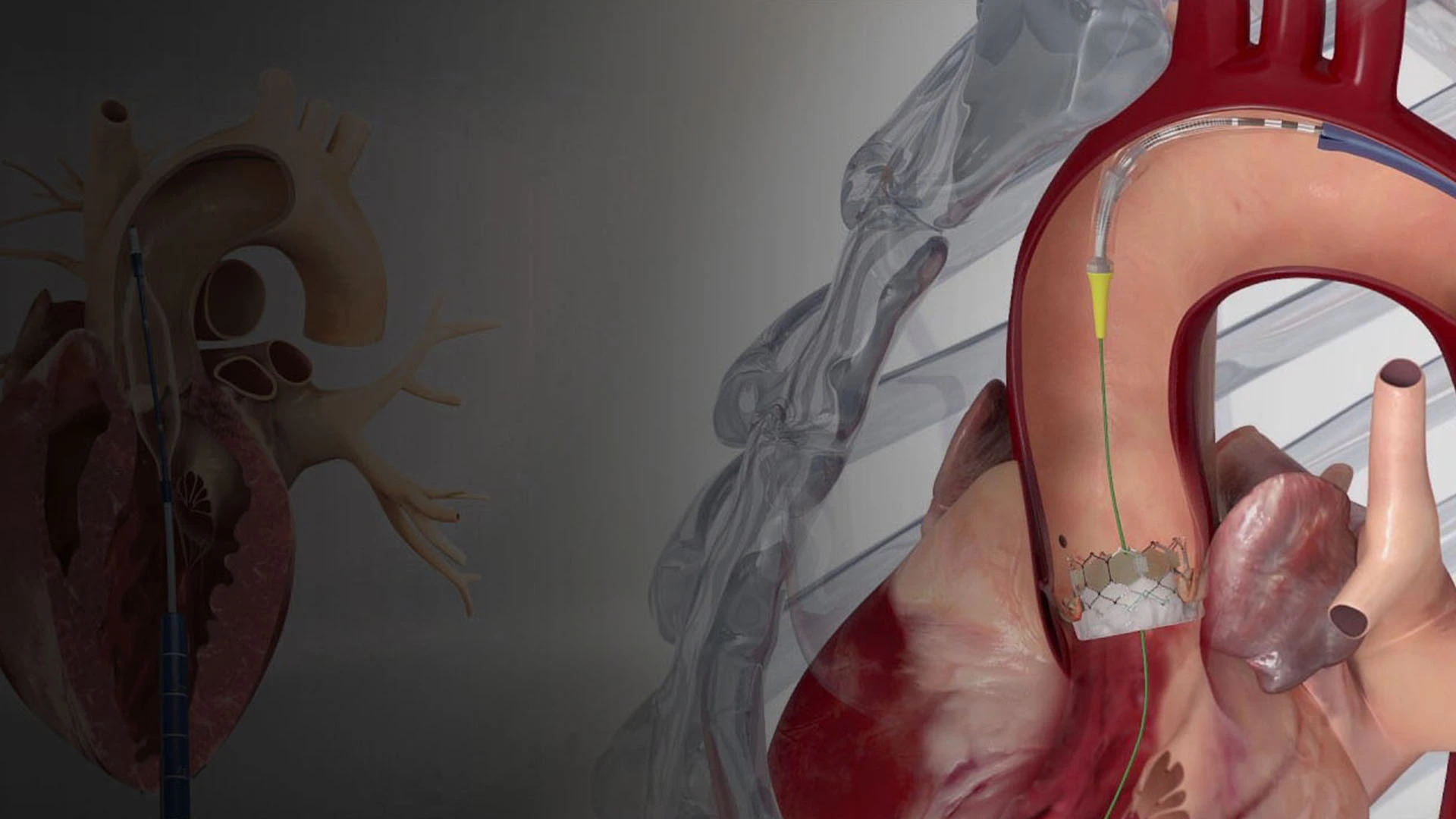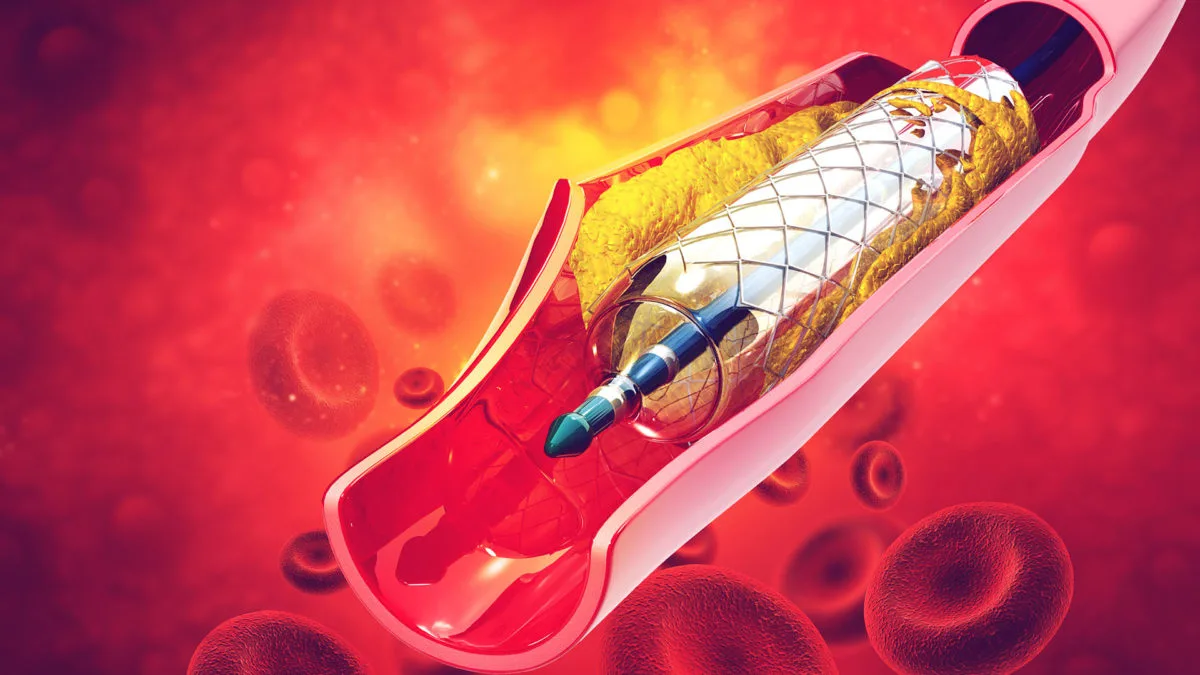If you or a loved one has been diagnosed with aortic valve stenosis and are exploring treatment options, you may have come across the term TAVI or TAVR and consulted a TAVI proctor. These are life-saving, minimally invasive procedures designed for patients who may not be suitable candidates for traditional open-heart surgery. But an important question remains: Who is the best TAVI doctor in Mumbai?


TAVI in Mumbai (Transcatheter Aortic Valve Implantation) has become a preferred treatment option for patients suffering from severe aortic stenosis. This procedure allows a new aortic valve to be implanted via a catheter through the groin or chest, eliminating the need for opening the chest cavity. The advantage? A significantly quicker recovery, reduced hospital stay, and less post-operative discomfort.
At Be Heart Healthy, patients benefit from expert care under the guidance of Dr. Ankur Phatarpekar, a highly experienced interventional cardiologist who has performed a large number of successful TAVI procedures. His approach combines clinical excellence with the latest in heart valve technology to deliver long-term relief and improved quality of life.
TAVI in Mumbai (Transcatheter Aortic Valve Implantation) has become a preferred treatment option for patients suffering from severe aortic stenosis. This procedure allows a new aortic valve to be implanted via a catheter through the groin or chest, eliminating the need for opening the chest cavity. The advantage? A significantly quicker recovery, reduced hospital stay, and less post-operative discomfort.
At Be Heart Healthy, patients benefit from expert care under the guidance of Dr. Ankur Phatarpekar, a highly experienced interventional cardiologist who has performed a large number of successful TAVI procedures. His approach combines clinical excellence with the latest in heart valve technology to deliver long-term relief and improved quality of life.


TAVR in Mumbai (Transcatheter Aortic Valve Replacement) is rapidly gaining recognition as a revolutionary technique in structural heart procedures. It’s ideal for high-risk patients or those considered unsuitable for conventional surgery due to age or co-existing health conditions.
In this procedure, imaging guidance plays a crucial role. Technologies like echocardiography, CT scans, and sometimes angiography are used to guide the placement of the new valve with precision. Dr. Ankur Phatarpekar and his team at Be Heart Healthy are among the few in the city who work with a dedicated multi-disciplinary team including imaging experts, anesthetists, and cardiac care nurses – all essential to the success of each TAVR case.
At Be Heart Healthy, you are not just treated – you are cared for. What sets Dr. Ankur apart is not just his extensive training and experience in TAVI/TAVR procedures, but also the emphasis on personalised care. Every patient is carefully evaluated to ensure the chosen treatment path is both safe and effective.
He also regularly mentors other cardiologists and participates in international cardiac conferences, staying updated on the latest advances in heart valve interventions. With access to state-of-the-art Cath Lab facilities and structured post-procedure care, Be Heart Healthy offers comprehensive cardiac treatment under one roof.


Patients suffering from aortic stenosis often face symptoms such as chest pain, breathlessness, fainting spells, and fatigue. Left untreated, it can lead to heart failure. Traditional open-heart surgery, while effective, is not always feasible – especially for older adults or those with co-morbidities.
TAVI in Mumbai offers a reliable and proven alternative. The recovery is faster, the risks are fewer, and the long-term outcomes are comparable to surgical valve replacement. Most patients can return to normal activities within a week or two after the procedure.
Post-procedure care is as important as the procedure itself. Dr. Ankur and the team at Be Heart Healthy ensure a seamless transition from hospital to home. Regular follow-ups, medication guidance, and lifestyle counselling are part of the holistic care approach.
For patients travelling from out of town, the clinic assists with accommodation and diagnostics coordination to ensure everything is handled smoothly.


Finding the best TAVI doctor in Mumbai is essential for patients looking for a safe, minimally invasive alternative to open-heart surgery for aortic valve disease. The best TAVI doctor in Mumbai typically has extensive hands-on experience, works in leading cardiac centers, and is often a TAVI proctor, guiding and training other cardiologists in performing complex TAVI procedures. This level of expertise ensures high procedural success, reduced complications, faster recovery, and personalized heart care tailored to each patient’s condition.
If you’re searching for the best TAVR in Mumbai, Be Heart Healthy stands out not only for medical excellence but for trust, compassion, and a proven track record. Dr. Ankur Phatarpekar and his team bring unmatched expertise to every patient interaction – making them one of the most sought-after heart care teams in Mumbai for structural heart procedures.
Whether you’re just starting your treatment journey or seeking a second opinion, our clinic is here to help. You deserve the best care, and we’re committed to helping you make an informed, confident decision for your heart health.
